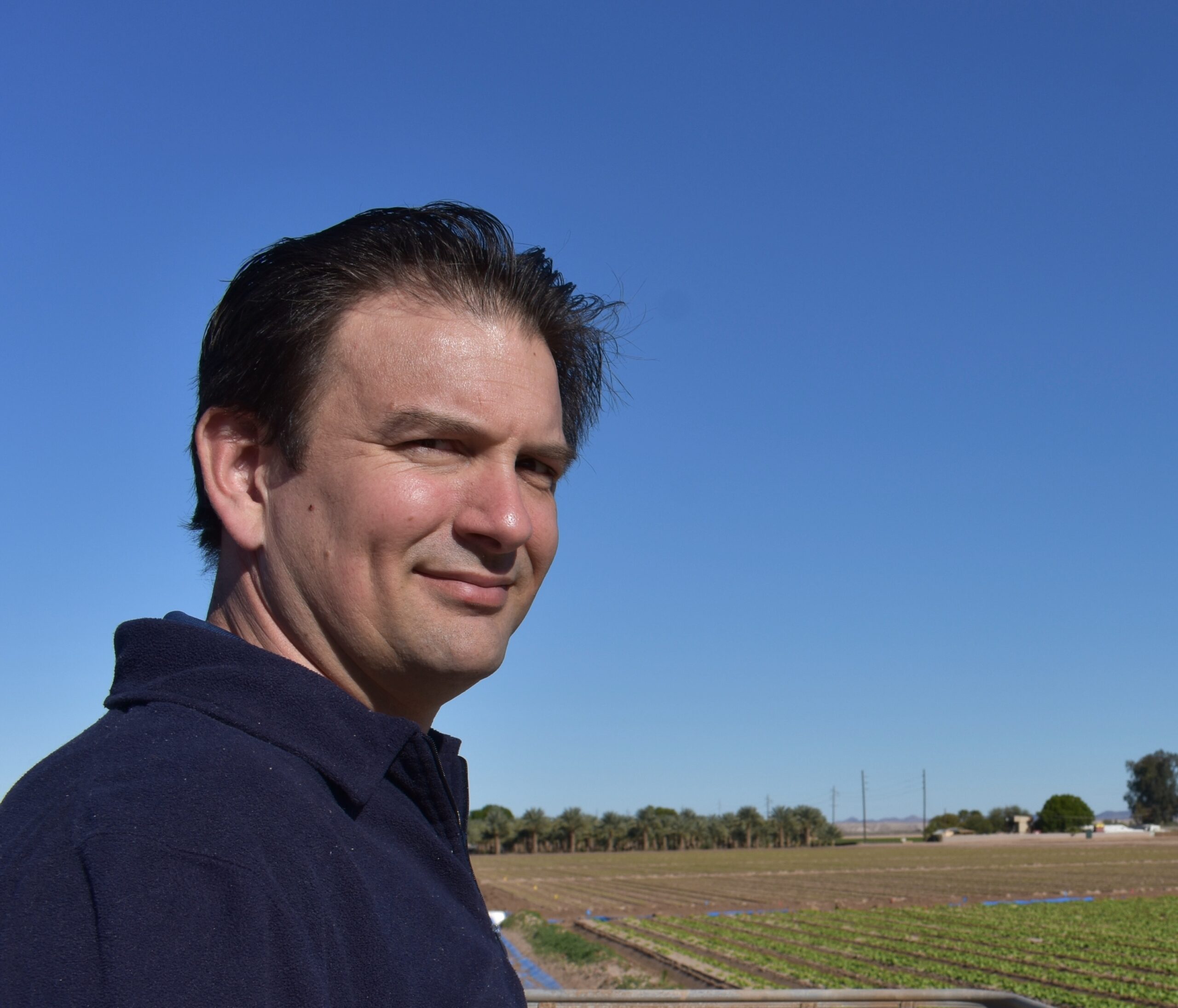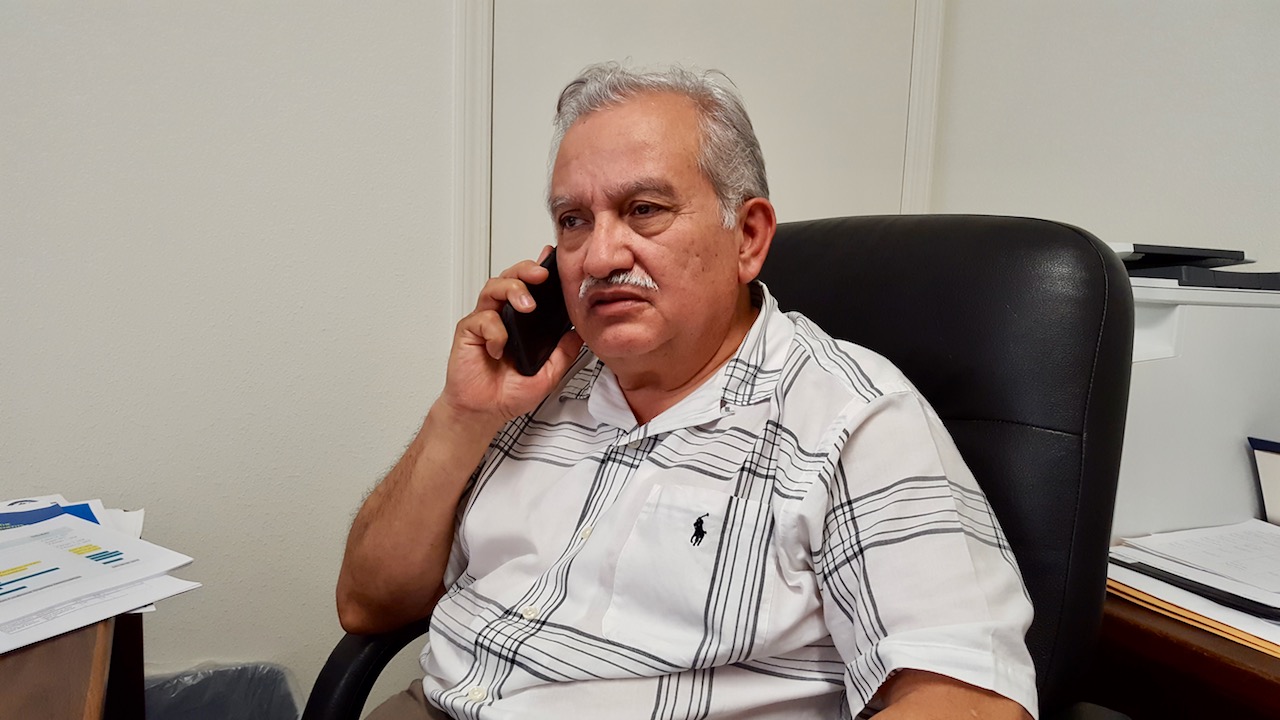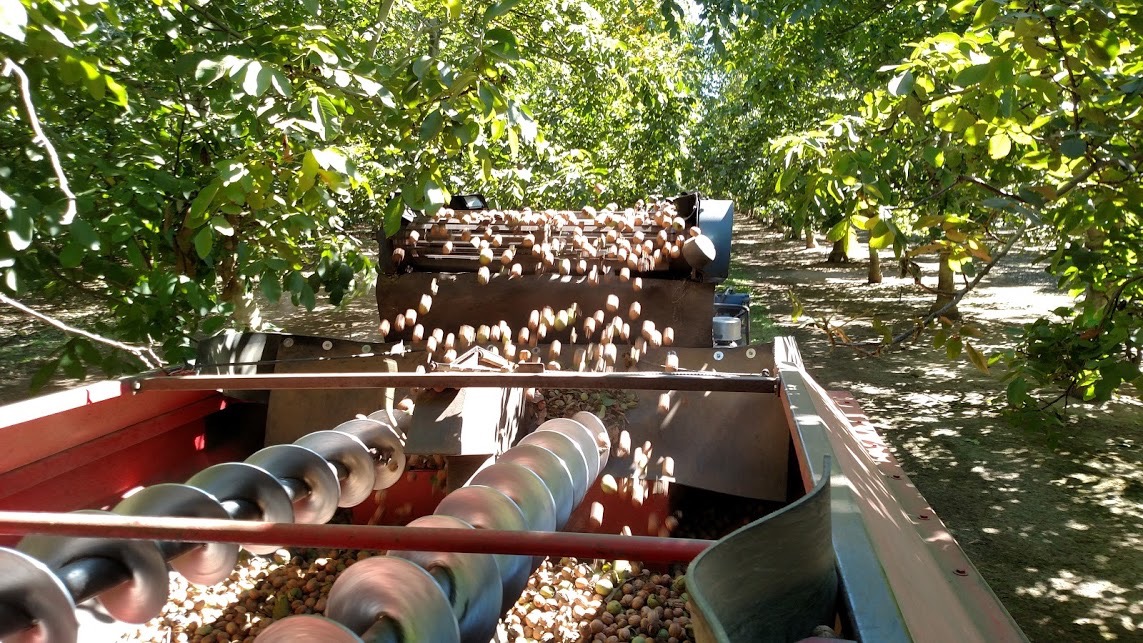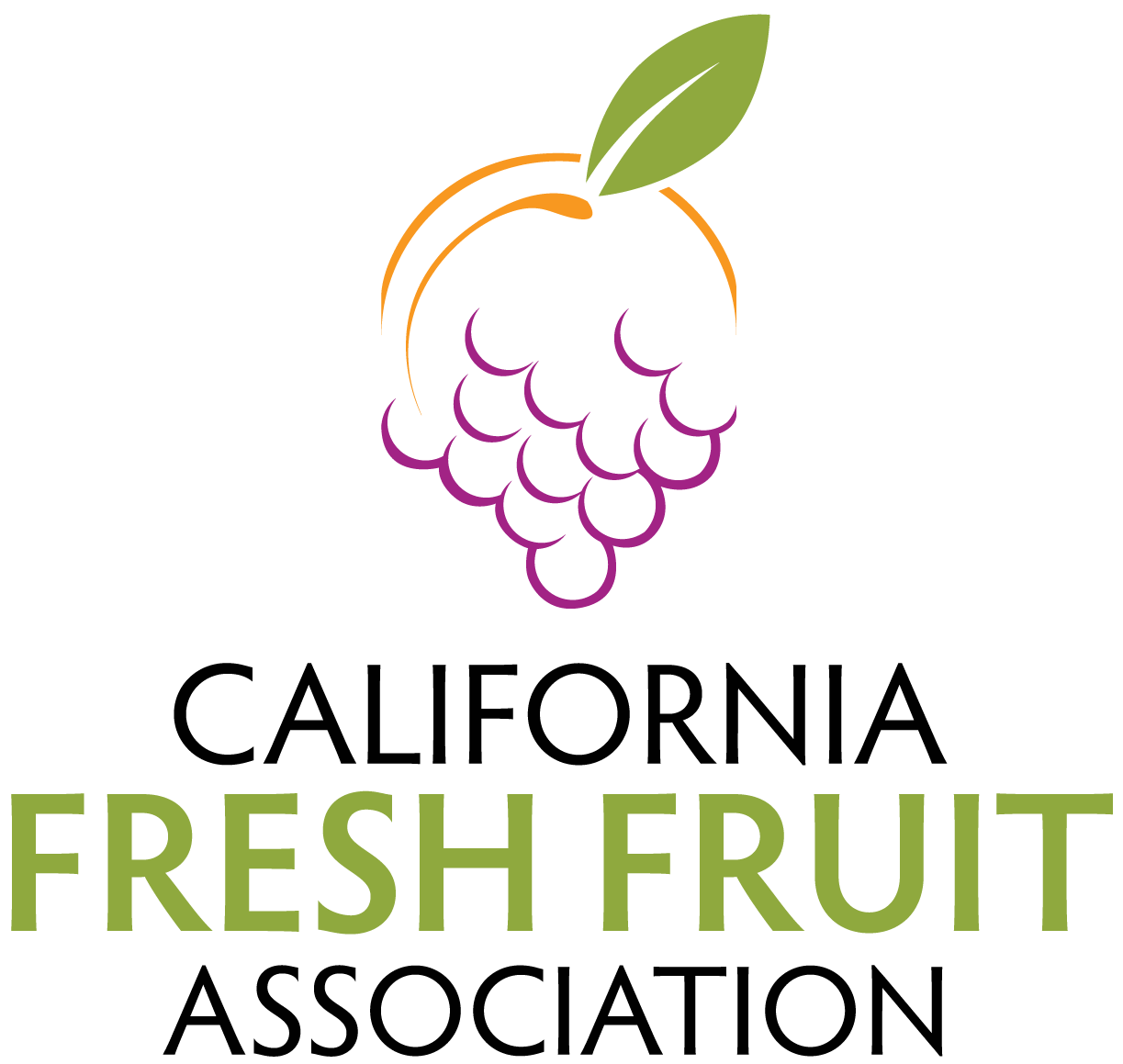Western Growers Premieres Video Series Featuring Next-Generation Agtech Robots
By Ann Donahue, Western Growers
From two-dimensional orchards to flying autonomous robots to lasers killing weeds, today’s agriculture combines the best of science and science fiction.
To celebrate the start of the first American edition of FIRA, the international agricultural robotics conference, WG debuts an inside look at cutting-edge technologies on the farm that will help ease the industry’s ongoing labor shortage.
The three short videos feature 2-D orchards of trees harvested via a self-propelled platform; flying autonomous robots working alongside harvest crews; and AI-directed blades and lasers that zap weeds with ruthless efficiency.
The videos are available in their entirety now on the Western Growers YouTube channel, and will be rolled out on WG social platforms. Click here for a playlist of all the videos; links for individual videos and their embed codes are available below.










